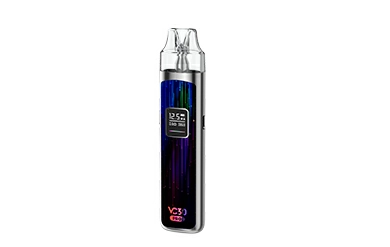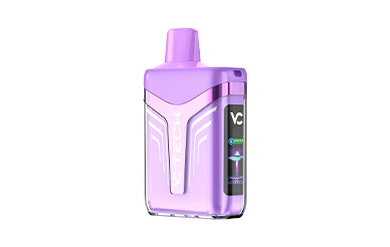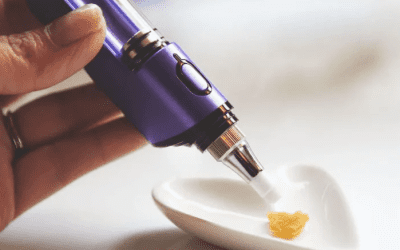The Philippines focuses on developing HNB (Heat Not Burning) manufacturing industry
The Philippine Department of Trade and Industry (DTI) has urged tobacco companies to focus on developing the Heat-Not-Burn manufacturing industry in the country, citing growing consumer demand for heat-not-burn products and the increased export potential of heated cigarettes, the Philippine News Agency reported.
At the International Tobacco Agriculture Summit held in Daqing, China, on August 2, Philippine Undersecretary of Trade and Industry Ceferino Rodolfo said that although local demand for cigarettes is expected to increase from 49.61 billion in 2022 due to factors such as taxes and price increases, sticks will drop to 39.06 billion sticks in 2027, but demand for Heat-Not-Burn tobacco products will grow significantly during this period. Therefore, they welcome heat-not-burn manufacturers to set up factories in the Philippines.
He quoted Euromonitor’s forecast that the Philippines will sell 660 million heated cigarettes in 2022, and that retail sales of heated tobacco products will surge by 511% to 4.06 billion by 2027.
Rodolfo said heated tobacco manufacturers will benefit from the Philippines’ free trade agreement with regional markets. He also said, “If manufacturers produce heat-not-burn tobacco products in the Philippines, they can export them to ASEAN (except Vietnam), Australia, New Zealand, Japan, South Korea and Hong Kong at zero tariff.” This is very attractive to manufacturers.
The Philippine tobacco industry has a good foundation. According to statistics, in 2022, the main destinations of Philippine tobacco products include South Korea (US$102.2 million), Thailand (US$98.29 million) and Myanmar (US$49.4 million), Singapore (export value 43.02 million US dollars) and Malaysia (export value 41.21 million US dollars) Dollar).
According to Rudolph, multinational tobacco companies are actively looking for opportunities to produce heated cigarettes in the Philippines to better enter the Philippine market. Philip Morris International Philippines aims to build a Php 9 billion factory in Tanawan, Batangas, to produce IQOS (I Quit Ordinary Smoking) devices.
Although the Philippines currently accounts for a relatively small share of the global tobacco industry, in emerging areas such as heat-not-burn products, the Philippines has the opportunity to further enhance its competitiveness in the global market by increasing its level of specialization.


















0 Komen